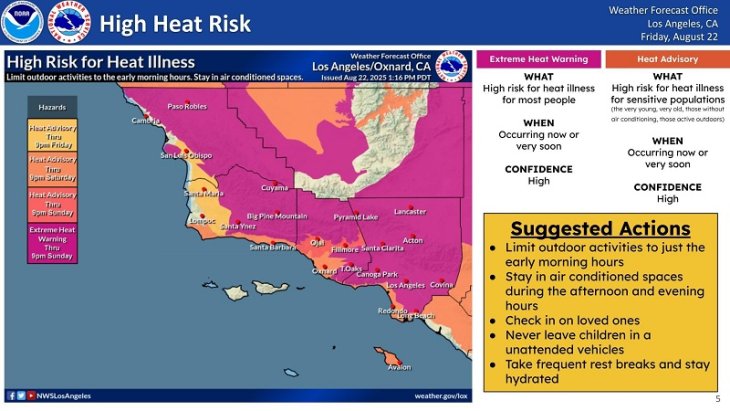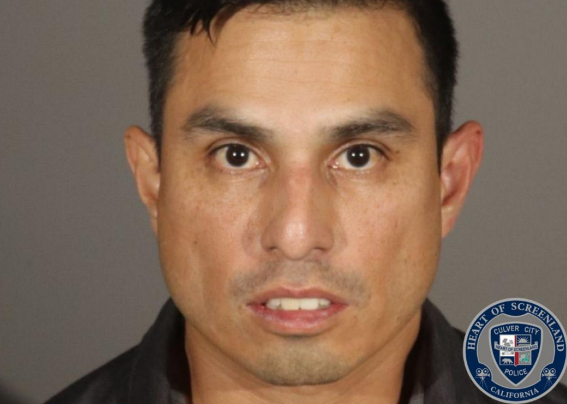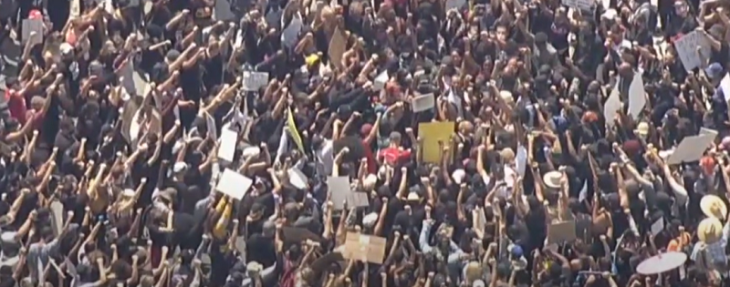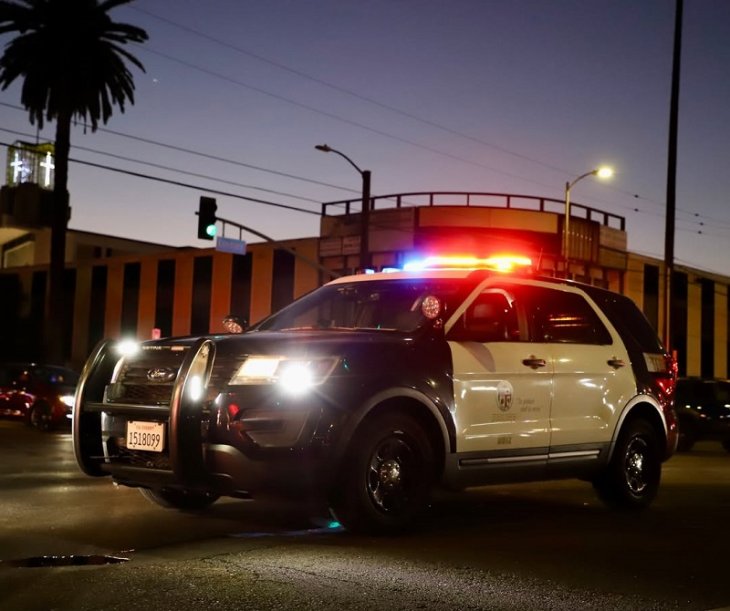
Venice homeowners and residents who filed a lawsuit accusing Los Angeles city officials of neglecting a variety of problems they link to transients who camp overnight at the nearby beach, announced Wednesday a judge has allowed their case to move forward.
Los Angeles Superior Court Judge Gregory Alarcon this morning rejected efforts by city and county attorneys to dismiss the lawsuit filed by the Venice Stakeholders Association, saying the plaintiffs may have a case when it comes to nuisance-abating steps that do not infringe on the rights of the homeless or are “not necessarily tied to immunities or constitution violations.”
Alarcon wrote in his denial that “the pleading is sufficiently broad in scope” so that it could cover “simple issues such as cleanup, other than more concerning issues of law enforcement or homeless rights.”
Rob Wilcox, spokesman for the City Attorney’s Office, said the city “strongly” disagrees with the judge’s ruling and there are plans to “seek immediate appellate review.”
Mark Ryavec, president of the Venice Stakeholders Association, said he and other plaintiffs are “heartened by the court’s support of our position that the city and county have a legal responsibility to abate the nuisance, which they are allowing to exist in the Venice Beach Recreation Area.”
“Just like all other owners who are responsible for their property, the city and county need to be held responsible to residents for the harm we experience,” Ryavec said.
In their initial 2014 complaint, Ryavec and other plaintiffs contend that during the previous five years, “on almost a daily basis,” the city and county “have failed to control and maintain” the Venice beach area and surrounding areas by allowing “transients and other individuals” to bring baggage, camping gear and personal belongings to the area at “all hours of the day and night.”
The complaint faulted the city for failing to enforce an ordinance that restricts people from setting up encampments to sleep overnight at the beach area, which is considered a park owned by the city and partly managed by the county.
The group’s attorney, Kristina Kropp, said today that while the stakeholder group has separately taken issue with transients camping overnight at the beach, the case moving forward today is not targeted at the homeless, but rather at the existence of the illegal activity and nuisance problems.
Kropp added there may be “different groups” that are the source of the troublesome activity, not just transients.
Ryavec said enforcing a revised version of the ordinance that restricts encampments at city parks “would address a significant aspect of the nuisance,” as would enforcing park curfews and drug laws, the city has “prosecutorial discretion,” which allows city officials to decide which laws they wish to enforce.
Mayor Eric Garcetti recently directed the city to suspend enforcement of that ordinance, and another one for sidewalks, that gives the city a process for removing items left on the street, including the encampments of the homeless.
Ryavec contends that unlike the street encampment ordinance, the law addressing encampments at city parks has not been the subject of legal challenges, so the city should not have suspended enforcement on it.
Ryavec said the group’s message to the city is that “this is a problem, you have to fix it.”
“Either they (the city) stop the nuisance, or they get to compensate us with a lot of money, and we can use that to pay for security,” Ryavec said.





















